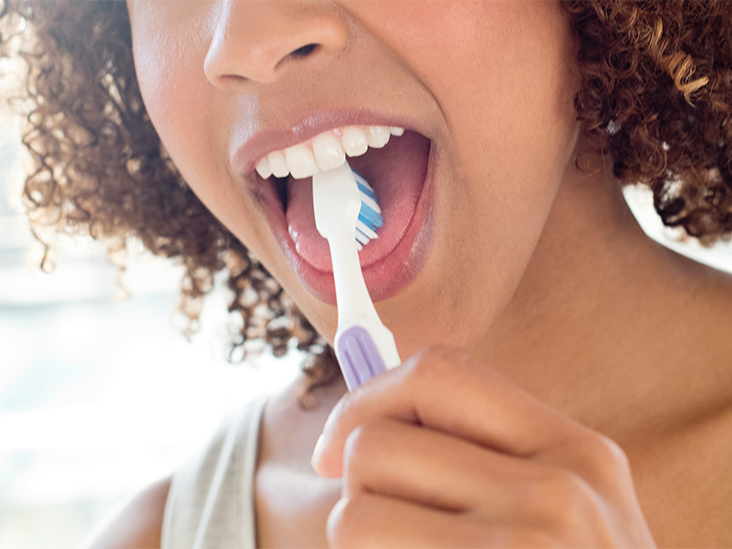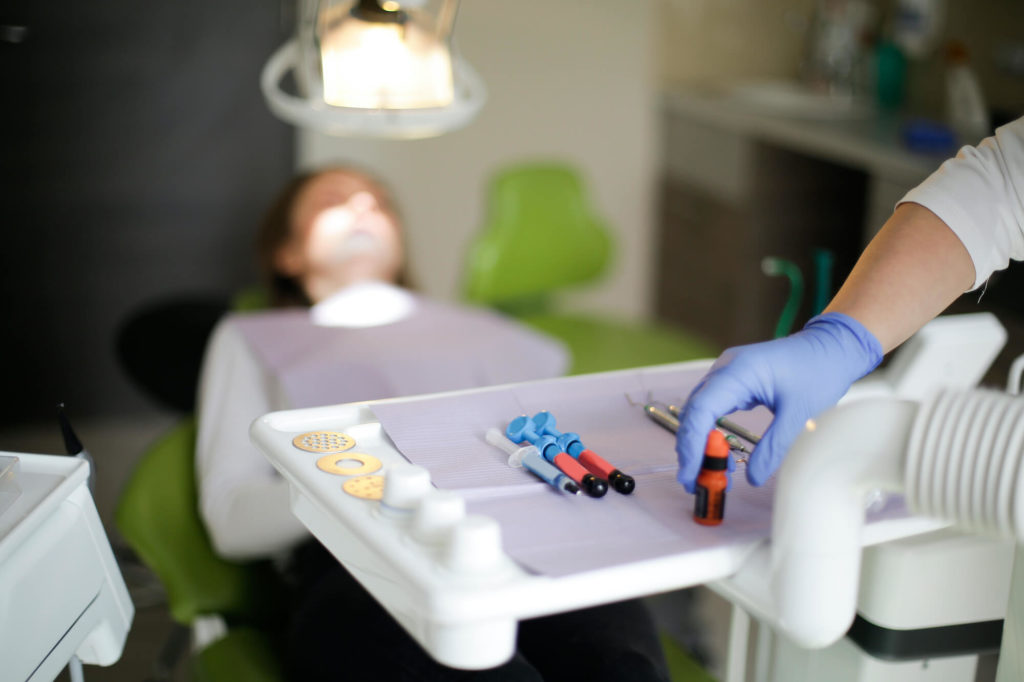It’s National Get Organized Month, and one way we love to organize is by planning out our health goals for the year. Are you creating vision boards and looking for healthy habits to start in 2021? We’ve got a list of 7 Healthy Habits to Start in 2021, read more below!
1. Brushing 2x per day for 2 minutes.
Of course, as dental professionals you know we had to start with the obvious. Our first healthy habit to start in 2021 is Brushing twice daily for 2 minutes and flossing at least once per day (if not more!). This sounds repetitive but we’re serious, brushing for two minutes is longer than you think! Our suggestion, find your favorite 2-minute long song and play it while you brush. This will help you to keep on track and to realize just how long 2 minutes of brushing really is!
2. Getting Active for at least 30 minutes Daily.
We don’t mean doing sprints and hurdles for 30 minutes (unless you’re into that sort of thing) but simply taking a brisk walk around the neighborhood or even during your lunch break. It’s amazing what a small habit change like this can do to your overall health.
3. Choosing Water First.
And we mean it too! Before you go for that cup of morning joe, grab some water first. This will help start your engines and create a less acidic environment for your gut. Water has so many benefits for your body: teeth, skin, hair, nails… this list could go on and on. So during 2021, think to yourself, “Choose water first” before diving into the same soda or sweet tea throughout the week. It will definitely be a habit to continue!
4. Getting the Sunshine Vitamin.
Sunlight, fresh air, and Vitamin D are a combination as old as time. They are so beneficial for your mental and physical health. According to Healthline, Vitamin D has three key benefits: improving resistance to certain diseases, fighting depression, and improving overall bone and teeth health. Whether you get your Vitamin D from walks outdoors or through supplements, this is a healthy habit to continue into 2021.
5. Putting down the Devices 30 Minutes Before Bed.
This is a healthy habit that many of us should be adopting ASAP. Studies show that your brain has a hard time winding down before bed if you have an electronic device in front of you (due to less production of melatonin). So turning off your devices 30 minutes before your ideal sleep time is a must. Our suggestion? Read a book that’s not too captivating or turn on some sleep sounds. Zzzzz
6. Giving Yourself Step Goals.
One of the best investments in your health in 2021 is tracking your steps via a fitness watch. Don’t have a fitness watch? You can also track your steps using your phone’s Health app. It may not track every step but it will at least track the steps you take with your phone. Giving yourself a step goal is one easy way to increase your movement throughout 2021. Start with a lower step goal and change out your daily goal once every month. If you use fitness watches, you can also join challenges within the app itself which are really fun if you have any sort of competitive spirit.
7. Planning Out Your Meals Each Week.
This one is relatively self-explanatory but really goes a long way to stay consistent with any dietary or budgeting goals you’ve set for yourself or your family. Investing in a planner (whether that be digital or physical) and listing out meal options for the week + a grocery shopping list will create a balanced week. Plus, you won’t have to do the “What do you want to eat? No, what do YOU want to eat?” battle. Win-win!
We hope these 7 Healthy Habits to Start in 2021 give you plenty of ideas for your own health journey & can lead you towards a healthier future. If you’re searching for more ways to improve your dental health, read our blog about Calcium & all of its amazing benefits or schedule an appointment with us today! At Lane & Associates Family Dentistry, we love to make you smile!





 Due to recent weather-related closures and delays, select Lane & Associates Family Dentistry offices will have adjusted hours this Friday, February 6th. Some locations will be closing at 2:00 PM, while others will remain open until 5:00 PM. Please contact your local Lane & Associates office to confirm hours and availability.
Due to recent weather-related closures and delays, select Lane & Associates Family Dentistry offices will have adjusted hours this Friday, February 6th. Some locations will be closing at 2:00 PM, while others will remain open until 5:00 PM. Please contact your local Lane & Associates office to confirm hours and availability.